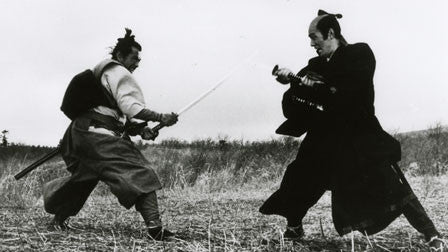Your Cart is Empty


Samurai warriors were instrumental in shaping Japan's history. With origins dating back to the Heian period, they were renowned for their exceptional swordsmanship, combat abilities and self-discipline. In fact, samurai warriors were so influential in feudal Japan that they later became leaders of the country's shogunate dictatorship of the Edo period (1603-1867).
Enter Bushido
In addition to following Confucian beliefs and values, samurai warriors also embraced a set of philosophies known as bushido. Translated to "the way of the warrior," bushido is essentially the code of life by which samurai warriors in feudal Japan live.
Origins of Bushido
While the term "bushido" has been around since the 17th century, it didn't become popular until 1899, during which it was emphasized in a book titled Bushido: The Soul of Japan. In this book, author Nitobe Inazō described it as " ... the code of moral principles which the samurai were required or instructed to observe... It was an organic growth of decades and centuries of military career. In order to become a samurai this code has to be mastered."
Of course, the actual philosophies on which bushido is based dates back to before the 17th century. Historians believe that some of the earliest uses of bushido date back to 1st and 2nd century Japan. At this time, however, there wasn't a specific term used to describe these collective philosophies. Instead, the beliefs were merely shared by samurai warriors.
The Eight Virtues
At its core, bushido focuses on eight specific virtues.
Photo credit: madmrmox